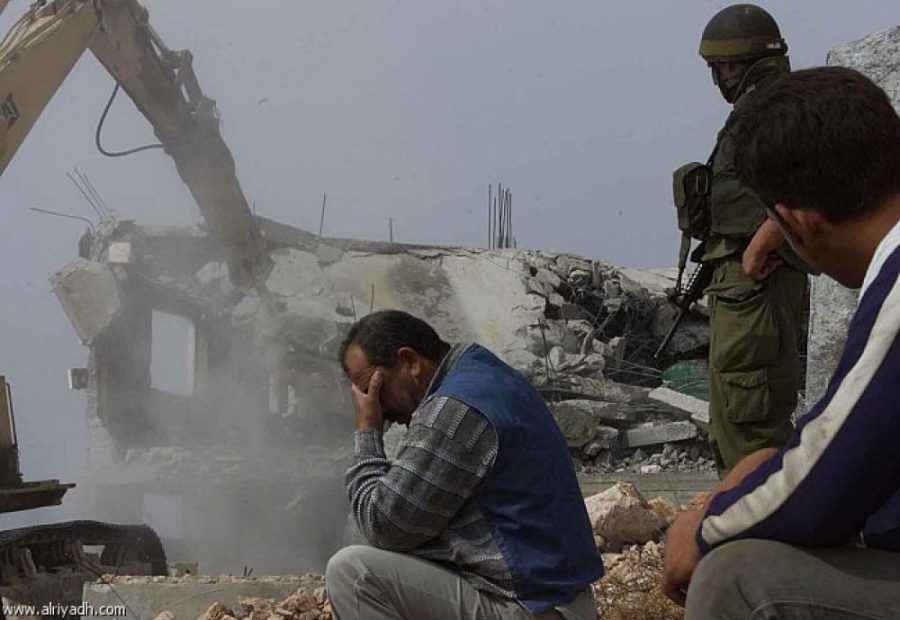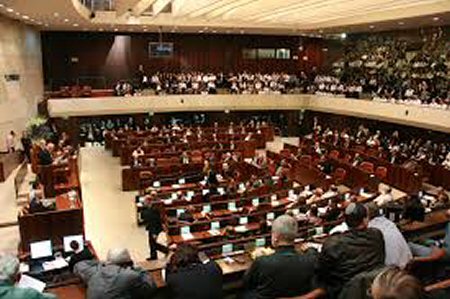The Israeli parliament of the Knesset is expected to pass a bill legalizing settlements built on private Palestinian private lands, in its second and third reading.
This issue was activated again by direct orders of Israeli Prime Minister Benjamin Netanyahu.
Al Ray reports that, according to Haaretz Israeli daily, the bill would allow the state to declare private Palestinian land on which settlements or outposts were built, “innocently or at the state’s instruction”, as government property, while denying its owners the right to use or hold those lands until there is a diplomatic resolution on the status of the territories. The term “innocently” refers to instances in which settlers ostensibly did not know they were building on privately-owned Palestinian land.
Attorney General Avichai Mendelblit continues to oppose the legislation, dubbed the “regularization bill,” with justice officials saying he is not prepared to defend the new version in court, either. Despite his objections, however, the bill is expected to pass.
The law is expected to legalize 50 illegal outposts, which means turning 4,000 illegal housing units into legal ones; and Palestinians who provide papers to the court prove that they own the land might be prosecuted.
Meanwhile, the Israeli state is also expected to impose new punishment measures against Palestinians building without permits. Israel follows strict policy in giving building permits for Palestinians. Most do not succeed, while obtaining a license for constructing any building needs to be extended for a duration of years.
The inner committee of the Knesset is to discuss, on Monday, a bill to amend the Planning and Building Law, which aims to tighten the punishment for building without a permit.
The bill stipulates an extended jail term for building without permits from two years to three, and to limit the authorities of the court in favor of the committee of observing construction.
Although the bill does not state that Palestinians are the main target, local organizations warn of dangerous impacts with the passing of the bill.
Israeli authorities do not charge Israelis on building violations, despite the ease of issuing building license. It simply imposes punishments on Palestinians, in spite of the difficulties.


